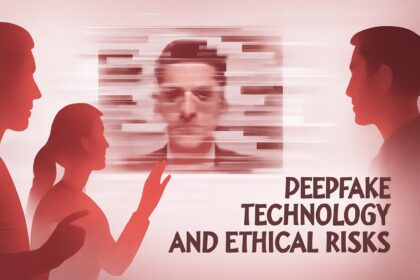Adaptive Learning Platforms: Personalized Education through AI-driven Teaching Tools SWOT Comparison
In today's rapidly evolving educational landscape, adaptive learning platforms signify a monumental shift towards personalized education. Harnessing the power of artificial intelligence (AI) and machine learning, these platforms offer a customized learning experience that is revolutionizing how knowledge is imparted and absorbed. A SWOT analysis – examining the strengths, weaknesses, opportunities, and threats – provides a comprehensive understanding of the impact of these AI-driven teaching tools.
Strengths: Personalization and Efficiency
The cornerstone of adaptive learning platforms is their ability to personalize education. By analyzing student responses and learning patterns, these platforms tailor content and pacing to meet individual needs. This bespoke approach not only enhances student engagement but also facilitates more efficient learning. Furthermore, the integration of AI technologies ensures that the learning experience is continually refined, making education a more dynamic and responsive process.
Weaknesses: Accessibility and Dependency
Despite their advantages, adaptive learning platforms face significant challenges. Primary among these is accessibility. The reliance on technology and internet connectivity can marginalize students in resource-limited environments. Additionally, there's a growing concern over dependency on technology for educational processes, potentially diminishing critical thinking and problem-solving skills that are typically honed through traditional teaching methods.
Opportunities: Scalability and Data Insights
Adaptive learning platforms present vast opportunities, particularly in scaling education. They can potentially democratize learning by providing high-quality, personalized education to a global audience. Moreover, the data generated through student interaction with these platforms offers valuable insights into learning behaviors, enabling educators to refine teaching strategies and develop more effective curricula.
Threats: Data Privacy and Technological Bias
However, the increasing reliance on adaptive learning platforms introduces significant threats, notably concerning data privacy. The vast amounts of personal data collected pose a risk if not adequately protected. Additionally, there's the issue of technological bias – as AI algorithms are trained on existing data, there's a risk of perpetuating biases present in that data, potentially leading to unequal learning outcomes.
Conclusion: Navigating the Future of Education
As we navigate the future of education, adaptive learning platforms stand out as powerful tools for personalizing learning and making it more accessible. However, addressing the challenges of accessibility, dependency, data privacy, and technological bias is crucial. By leveraging the strengths and opportunities while mitigating the weaknesses and threats, we can harness the potential of AI-driven teaching tools to transform education for the better.













